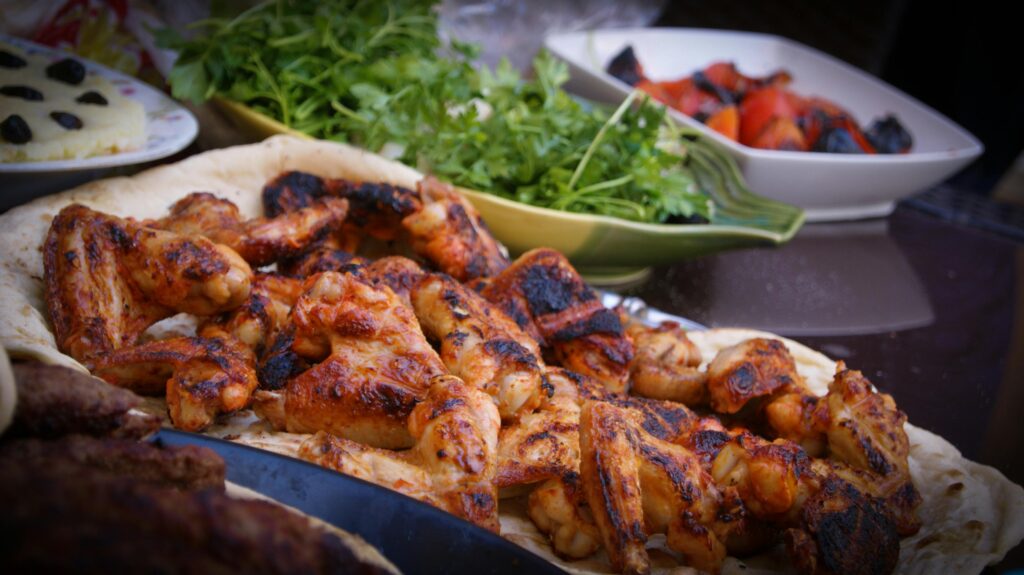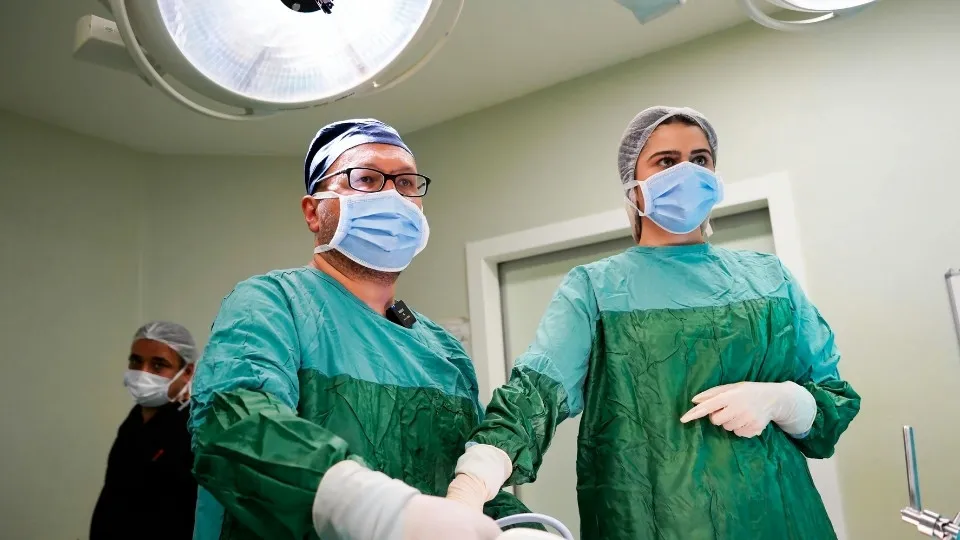Turkish Culture & Hospitality
Embrace the Warmth
Sencere Hospitality


Where Continents Collide
Turkey is literally and figuratively a bridge. Daily life in Turkey is shaped by this fascinating mix of Eastern and Western influences, offering a rich tapestry of experiences unlike anywhere else. Exploring this unique Turkish culture is an adventure in itself.
Everyday Etiquette (Simple Tips)
- Greetings: Handshakes are standard. Learning basic phrases like “Merhaba” (Hello), “Günaydın” (Good morning), and “Teşekkür ederim” (Thank you) goes a long way!
- Respect: Politeness and respect, especially towards elders, are valued. Dress modestly when visiting mosques or more conservative areas.
- Visiting: If invited to a home, it’s customary to remove your shoes at the door and often nice to bring a small gift (like pastries or chocolates).


Festivals & Public Holidays
Immerse yourself fully! Experiencing national celebrations like Republic Day (October 29th) or religious holidays such as Ramazan Bayramı (Eid al-Fitr) and Kurban Bayramı (Eid al-Adha) offers incredible insight into Turkish culture and community spirit.
Cost of Living
Affordable Life in Turkey
Your expenses will vary based on the city you choose (major hubs like Istanbul tend to be pricier than cities like Ankara, Izmir, or Eskişehir) and your personal spending habits. However, careful planning makes a comfortable student budget Turkey achievable. Accommodation, food, and transport will generally be your largest recurring costs.
Breakdown of Typical Student Expenses
Accommodation
Food
Transportation
Personal & Academic
Maximizing Your Budget

Planning is key! Also, remember to investigate financial aid. Many scholarships in Turkey are specifically available for international students, covering tuition, accommodation, or providing a monthly stipend, significantly easing the cost of living.
Finding Your Home
Accommodation Options for Students in Turkey
Searching for accommodation Turkey students from abroad can feel overwhelming. Yasben Academy is here to help! We provide personalized assistance to find safe, suitable, and well-located student housing Turkey options that fit your budget and preferences near your chosen university, ensuring a smoother start to your journey to study in Turkey.
Yasben Academy can provide guidance on finding accommodatiın opportunities relevant to your place in Turkey.

Getting Around
Student Guide to Transportation in Turkey
Navigating Your City
Major student hubs like Istanbul, Ankara, Izmir, Eskişehir and others offer great public transport:
Metro & Tram
Buses
Dolmuş (Minibus)
Ferries
Upon arrival and university registration, apply immediately for your city’s student transportation card (like Istanbulkart, Ankarakart, İzmirim Kart etc.). This gives you significant discounts on fares, saving you a lot of money throughout your life in Turkey.
Travelling Between Cities
Exploring beyond your city is a must!
Buses (Otobüs)
High-Speed Trains (Yüksek Hızlı Tren - YHT)
Flights (Uçak)
With efficient and affordable transportation options, discovering all the amazing places of Turkey has to offer will be an exciting part of your student experience.
Taste of Turkey
Your Guide to Delicious Turkish Foods
Prepare your taste buds! Exploring the rich and diverse world of Turkish food is undoubtedly one of the most delightful aspects of your daily life in Turkey. It’s a central part of the culture and social life.
What to Expect
A Feast of Flavors
- Key Ingredients: Fresh vegetables, olive oil, yogurt, cheeses, lamb, chicken, fish (especially near coasts), pulses, nuts, and fruits.
- Iconic Dishes: Don’t leave without trying various Kebabs, Döner, Pide (Turkish flatbread pizza), Lahmacun (thin Turkish pizza), Mezes (delicious appetizers), Börek (savory pastries), Çorba (soups), the legendary Turkish Breakfast (‘kahvaltı’), and of course, world-famous desserts like Baklava, Künefe, and Turkish Delight (Lokum).

Eating Out vs. Cooking at Home
Affordable Eateries
Cafes & Restaurants
Home Cooking
Dietary Needs & International Options
-
As the majority population is Muslim, Halal food is the standard and readily available everywhere.
-
While traditionally meat-centric, Turkey offers fantastic vegetarian dishes! Explore 'Zeytinyağlılar' (vegetables cooked in olive oil), lentil soups ('mercimek çorbası'), various salads, mezes, and pulse-based dishes. Vegan options are increasingly available, especially in larger cities like Ankara (our current location, April 6, 2025) and Istanbul – don't hesitate to ask!
-
Missing food from home? Major cities have a growing number of international restaurants (Asian, Italian, etc.) and supermarkets stocking global products, making your study in Turkey experience comfortable.

Essential Drinks
Çay (Tea)
Türk Kahvesi (Turkish Coffee)
Ayran
Health Services and Personal Safety in Turkey
Your well-being is a priority during your life in Turkey. The country offers accessible healthcare and is generally a safe environment for international students. Here’s what you need to know:
Healthcare System & Insurance

Mandatory Health Insurance
It is a legal requirement for all international students to have valid health insurance to obtain and maintain their student residence permit. You typically have two main options:
General Health Insurance (GSS/SGK)
Once you are officially enrolled at your university and have started your residence permit process, you usually become eligible to apply for Turkey’s universal General Health Insurance scheme (Genel Sağlık Sigortası – GSS) through the Social Security Institution (SGK). GSS provides access to state hospitals at minimal or no cost and significantly discounted rates at many private hospitals contracted with SGK. There’s usually a specific application window after your university registration, so it’s important to act promptly. Your university’s international office or Yasben Academy can offer guidance.
Private Health Insurance
You might need compliant private health insurance to cover your initial arrival period before GSS activation, or if you prefer a wider network or specific coverage benefits. Ensure any private policy meets the minimum requirements for the residence permit.
Basic Informations About Healtcare in Turkey
Accessing Care: With valid insurance, you can easily access state hospitals, private hospitals, and university health centers where available. Pharmacies (look for the “Eczane” sign) are plentiful for prescriptions and advice on minor ailments.
Emergency Services: For any emergency – medical, fire, or police – dial 112. This is the single, unified emergency number across Turkey.

Connect & Communicate in Turkey
Staying connected and navigating daily interactions are essential parts of your life in Turkey. Here’s what you need to know about communication:
Internet & Mobile Connectivity
Internet Access
Mobile Network
Getting a Turkish SIM Card
Using Your Own Phone
Language Matters: Turkish & English
-
Official Language
-
English Usage
-
Learning Basic Turkish
-
Learning Resources
The official language is Turkish.
While English is the medium of instruction for many programs at Turkish universities (especially for study master courses) and is commonly understood in major tourist areas and by younger generations in cities, it’s not universally spoken across the country or in all daily situations (e.g., local markets, smaller shops, government offices).
We highly recommend learning some basic Turkish phrases! Even simple greetings (“Merhaba” – Hello, “Teşekkür ederim” – Thank you) and numbers will greatly enhance your daily interactions, show respect, and enrich your experience during your study in Turkey. Locals genuinely appreciate the effort.
Many universities offer Turkish language courses for international students (often via TÖMER centers). Language learning apps and finding language exchange partners are also popular ways to learn.
Featured Blog Posts
Everything you want to know about studying in Turkey..
Law Master’s Degrees in Turkey: What You Need to Know Before Applying
Master’s of Science in Turkey: Advance Your Career With Yasben Academy
Master’s of Science in Turkey: Boost Your Career with Expert Guidance
Masters in Public Administration in Turkey: Step-by-Step Application Guide





